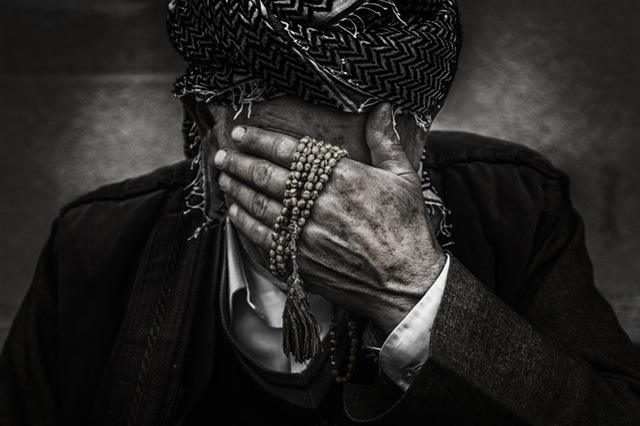
With almost thirty years of recovery and twenty five years working in the addiction recovery field, I continue to evaluate barriers to recovery. What gets in the way of truly experiencing all recovery has to offer? My answer continues to be simple. Shame. It has taken me over half of my life not to view my parents and grandparents as perfect. Before I began recovery I thought something was wrong with me. Every time I did something the way I wanted to do it, I had this nagging sense of shame.
Voices in my head would remind me of all the negative talk, and I would buckle or freeze with a deep sense of shame in my own work. It became like a badge encrusted on my chest. I became ashamed as if I was the cause of anything going on around me.
Shame is the chronic and pervasive “feeling state” of emptiness, inadequacy and self-doubt that creates negative thoughts about self. Shame permeates both inside and outside a person. Shame can be seen on the outside by how a person carries himself and how a person acts, but it can also be seen on the inside of a person by how they speak of themselves.
Shame originates from childhood around rigid family rules of obedience, structure, emotional control, desires and cleanliness. One of shame’s major objectives is to not be exposed, which fosters a life of secrets, lies, loneliness and addiction.
Shame can begin before we have the language or intellect to understand it as a concept. As early as seven months of age small children can experience disconnect from their parents or their primary caretakers. Some parents have to leave home to work – leaving their child with daycare or a babysitter.
Other parents check out as caretaker because of their own addiction. Some parents feel overwhelmed with parental duties due to their own mental illness or physical disability. No matter what the reason, an unhealthy parent separation from their child can cause dysfunction in the child, especially if not handled properly.
Studies have shown that children who breastfeed their babies develop a much more strong bond and produce much psychologically and physically healthy child. There must be something to it then, right? It cannot be just the mother’s milk giving nutrients to their newborn, but it is also most likely the bonding that happens during this time in a child’s life. During childhood, having a sense of disconnect, no matter the cause, can give a child the sense that something is gravely wrong. One’s own survival is threatened.
During those early years of life, children think their parents can do no wrong. We cannot imagine our parents doing anything wrong so when something does happen, especially in an already dysfunctional family, children start to think, “there is something fundamentally wrong with me.” This deep-rooted belief only grows deeper the more dysfunction is in a family. It grows and spreads until shame permeates one’s own beliefs about themselves.
As I understand more about shame and addiction, I am really beginning to understand the power shame plays in our lives and how it is at the heart of addiction. It is in our facial expression: indirect eye contact, tightening of the jaw or blushing. It shows up in our unconscious mind. We have negative thoughts like thinking you’re a phony or imposter. Interpersonally it shows up in the form of rage, perfectionism, black-white thinking, blaming, always being right, excessive humor and isolation.
Shame and addiction are like Siamese twins and separating the two is not only painful but also risky. Shame is like a wound in the soul and for some there is no forgiveness. Shame shows up in our thoughts, when we think, “I am flawed, defective, and dirty.” And shame appears in how we talk about ourselves to ourselves or others with words like, “I’m just not good . . . or I’m not smart enough to . . .” Shame usually gives us the notion that we are different or unique and often the uniqueness is seen as negative. We just want to be “normal” so we cast a shadow on the greatness that is inside.
Recovery Guide, LLC provides initial assessments for family members and those with addiction problems globally at no cost. Recovery Guide, LLC also offers referral for treatment , Intervention services and Structured Family Recovery™